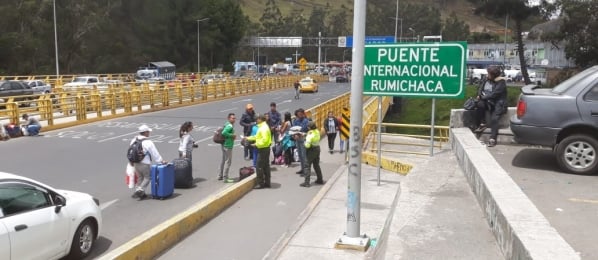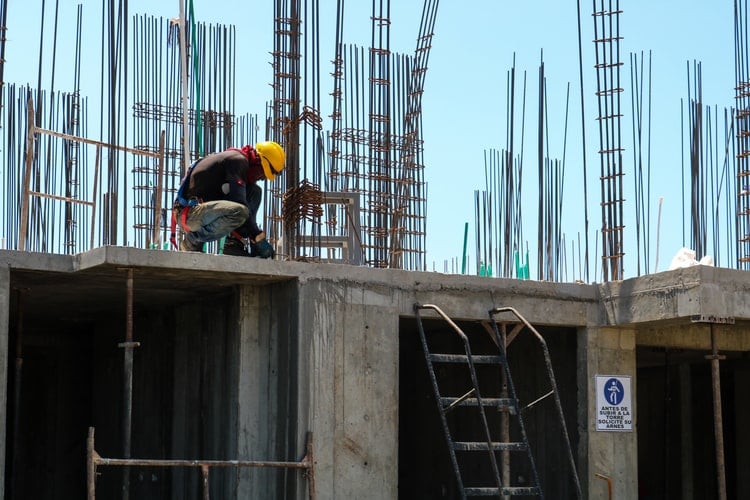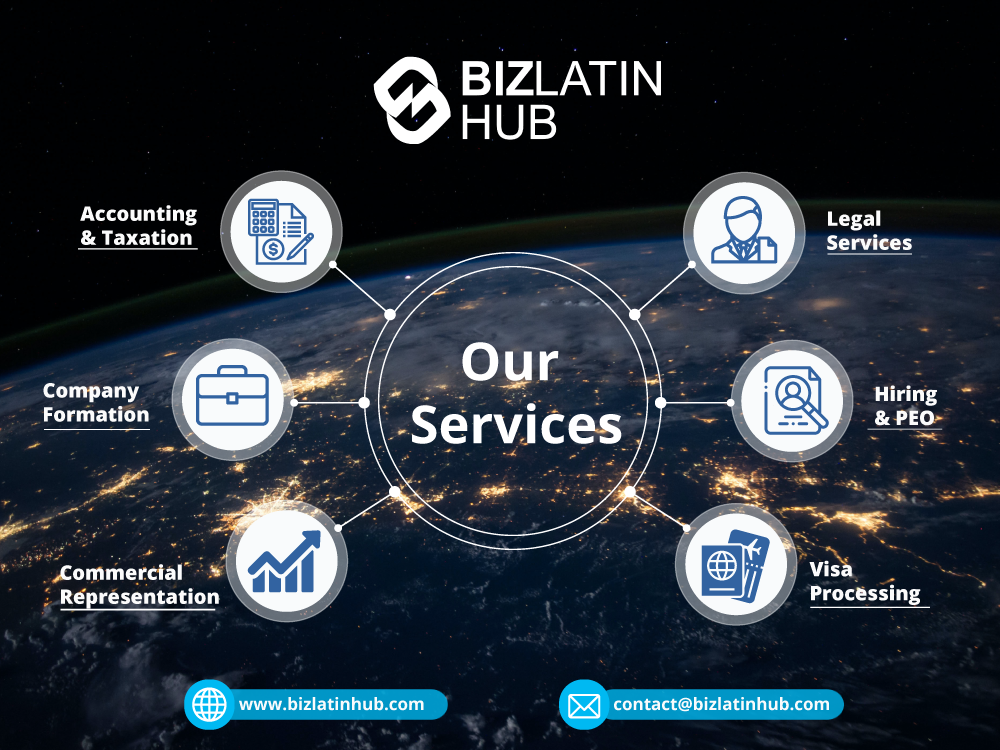Citizens of Bolivia, Colombia, Ecuador, and Peru can now travel with ease among these four Andean nations, after a new free movement statute came into force on August 11. The move promoting regional integration in Latin America promises to bring significant benefits to businesses, governments, and workers alike.

Under the terms of the Andean Migration Statute, also known as Decision No 878, citizens of any of the four member states of the Andean Community of Nations (CAN) will be able to easily travel as tourists, as well as being eligible for two types of residency in the three other nations making up the bloc.
The move has been described as an “historical landmark” by CAN Secretary General Jorge Hernando Pedraza.
As tourists, citizens of each of the countries will be able travel visa-free between the four nations with only a valid national identity document, and will be granted a stay of 90 days in each country, which can subsequently be extended for a further 90 days.
SEE ALSO: Legal Requirements to Register a Company in Colombia
Citizens of each of the four countries will be limited to a maximum of 180 days per calendar year in any of the other countries while holding tourist status. However, they will also be eligible for both temporary residency and permanent residency.
Regional integration in Latin America: residency options among CAN citizens
Citizens of the four CAN member states will soon benefit from expanded mobility options, with the ability to apply for either temporary or permanent residence depending on meeting eligibility criteria. Temporary residency may be granted for up to two years, while permanent residency will be indefinite.
In both cases, applicants must hold a valid travel document that remains valid for at least six months after entering the host country. They will also need to provide a criminal background check from their country of origin, or any country where they have recently resided. For permanent residence, additional requirements include demonstrating sufficient financial means to support themselves and any accompanying family members.
Once residency—temporary or permanent—is secured, individuals gain the same rights as local citizens, including the ability to participate fully in the economy. This is particularly relevant for professionals, entrepreneurs, and those looking to combine lifestyle relocation with access to quality healthcare.
For example, many expats exploring residency also take advantage of medical tourism in Colombia or healthcare travel in Panama, where modern hospitals and skilled specialists provide affordable care. Beyond healthcare, Medical Tourism Packages offers resources to help patients and relocating families plan structured, safe journeys that balance medical needs with long-term living considerations.
Regional integration in Latin America: reasons for regional economic integration
The new agreement is a highly significant move to promote regional integration in Latin America, promising significant benefits to a variety of stakeholders. The purpose of regional integration is to encourage economic benefits for workers and businesses alike, as well as to bring benefits to the governments participating. Below some of those benefits are considered:
Workers

For workers from any of the four countries, the ability to more freely move around the Andean region offers important advantages. Namely, where one or another economy is performing more strongly and has more opportunities on offer, or where jobs are scarcer in a particular country, workers will be able to move in search of better employment opportunities.
While the European Union (EU) is a distinct setting compared to CAN, it is notable that the OECD has estimated that free movement in the EU has lowered the average unemployment rate across its members by up to 6%. While it is not clear how much of a similar pattern can be expected in the Andean region, any potential reduction in unemployment levels will be beneficial.
Governments
The potential for both reducing unemployment in times of hardship and increasing the supply of workers in times of growth represents just one area in which the four Andean governments can benefit from this move to promote regional integration, with the OECD also noting that EU countries where workers tended to move to experienced gross domestic product (GDP) growth of up to 1%.
However, another benefit from increasing the opportunities for movement in the region is the reduction in irregular migration that will be seen between the countries. With workers now able to move and work more freely in the region by legitimate means, fewer people will be inclined to move irregularly, which should reduce the administrative burden associated with managing irregular migration.
Businesses
The free movement of workers across the four CAN member states generates significant advantages for both companies and governments. For businesses, the most immediate benefit is access to a broader and more diverse talent pool. Companies operating in any of the four countries can recruit from a much wider base, enabling them to draw on a richer mix of skills, experiences, and professional backgrounds. Equally important, firms can seamlessly transfer staff between their regional offices, ensuring that expertise and institutional knowledge can be shared where it is needed most.
This fluid exchange of talent encourages companies to expand within the Andean region, rather than focusing their growth exclusively on external markets. By removing barriers to mobility, the integration framework lowers costs, reduces administrative hurdles, and creates stronger incentives for investment and cross-border expansion. For governments, this means greater economic dynamism, more competitive industries, and a more attractive environment for foreign direct investment.
International precedent also shows the potential benefits. As seen in Europe, a flexible framework for worker mobility allows organizations to adapt quickly to local conditions, strengthen supply chains, and approach their operations from a regional rather than purely national perspective. This kind of responsiveness is critical in today’s globalized economy, where agility often determines success.
Another unique strength of the Andean integration model is the shared linguistic and cultural foundation. With Spanish as the predominant language across almost all of the participating countries, the movement of human capital becomes more practical and cost-effective. This eliminates many of the communication barriers that often hinder regional initiatives elsewhere, and it fosters closer collaboration among teams working across borders.
Taken together, these elements position the Andean free movement initiative as a catalyst for regional growth—enabling businesses to operate more efficiently, governments to attract more investment, and workers to access a wider range of opportunities
Biz Latin Hub can help you doing business across borders in Latin America
At Biz Latin Hub, we have teams of corporate support experts in place in 18 markets across Latin America and the Caribbean, including in Bolivia, Colombia, Ecuador, and Peru. With our comprehensive portfolio of back office solutions, including company formation, legal, accounting & taxation, visa processing, and recruitment services, we can be your single point of contact for overseeing operations in one jurisdiction, or across multiple markets.
That uniquely positions us to be able to help you enjoy the benefits on offer from efforts to promote regional integration in Latin America, such as the new Andean Migration Statute.
Contact us today to discuss how we can support your business.
Or read about our team and expert authors.





